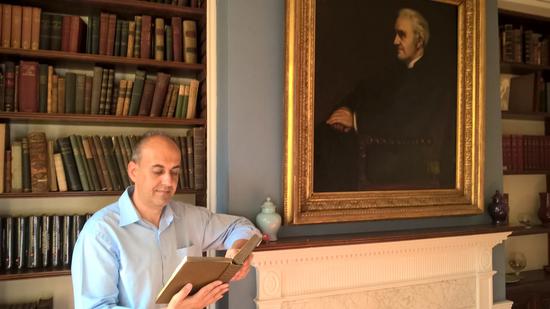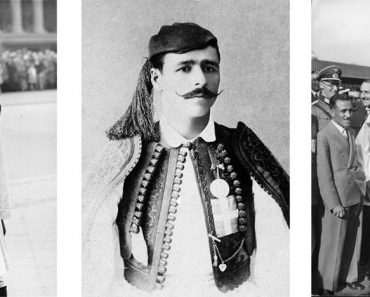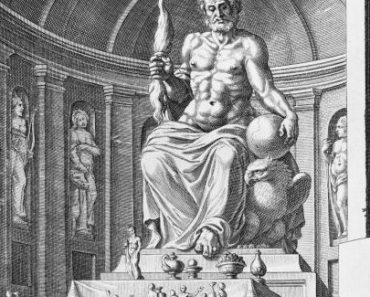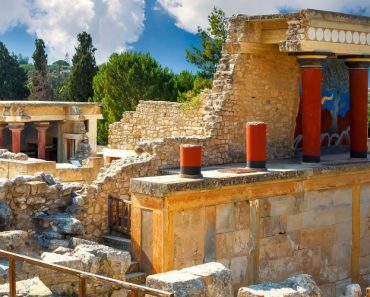
By Cui Bailu, Yue Yitong and He Shaoqing from CNS
Georgios Steiris is a Professor of Medieval and Renaissance Philosophy at the Department of Philosophy of the National and Kapodistrian University of Athens. He previously taught at the University of Peloponnese, the Hellenic Open University, and in Study Abroad Programs of the University of Connecticut and Boston University. He has been Visiting Professor at Jyväskylä University (Finland) and Visiting Fellow at Bogazici University (Turkey) and Macquarie University (Australia). He has served as Secretary-General of the Greek Philosophical Society (2015-2016).
Themed “Classical Civilizations and the Modern World”, the first World Conference of Classics will be held in Beijing from Nov. 6 to 8, 2024. As a invited scholar came from Greece, Georgios Steiris has long been dedicated to the history of philosophy from antiquity through the European Renaissance, and he teaches classics as well as Chinese philosophy at university. Recently, he accepted an exclusive interview with “W.E. Talk” of China News Service. In his opinion, the texts by thinkers like Plato, Aristotle, Confucius and Mencius serve as repositories of values that enrich our humanity—values essential to modern civilization, and modern technology cannot function effectively without the ethical foundation provided by classical civilization.
Here are the excerpts of the interview:
CNS: How did the Classics influence the development of European civilization? Did the Classics affect the rest of the world?
Georgios Steiris: European civilization is built on three main pillars: Ancient Greece, Ancient Rome, and Christianity. Ancient Greece introduced the ideals of freedom, truth, science, and beauty; Ancient Rome, the concepts of state and law; and Christianity, the values of faith and love. These principles form the core of European civilization and, through colonialism, have been extended globally. Following World War II, these ideals were institutionalized through the UN Universal Declaration of Human Rights and similar documents, influencing many levels of life worldwide.
This view, however, is selective and exclusive. The term “Classics” refers to specific Greek and Roman texts chosen by 19th-century English and German scholars to reflect the values and aspirations of their time, resulting in the exclusion of many valuable ancient works. For instance, Euripides is considered a classic, while Menander is not; Plato is widely taught, while Epicurus and Sextus Empiricus receive little attention. This canon now requires reevaluation, especially as Western universities increasingly question not only the classics but also the foundational values of Western civilization within the broader context of decolonization.
Yet this revision carries risks: distancing ourselves from the values that have shaped Western civilization could destabilize its foundations, potentially leading to collapse.








